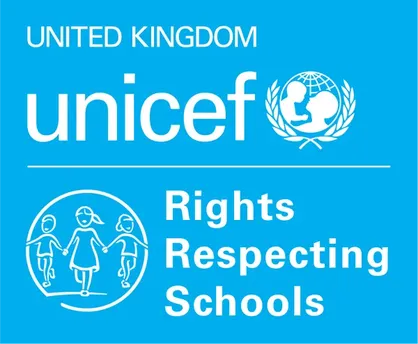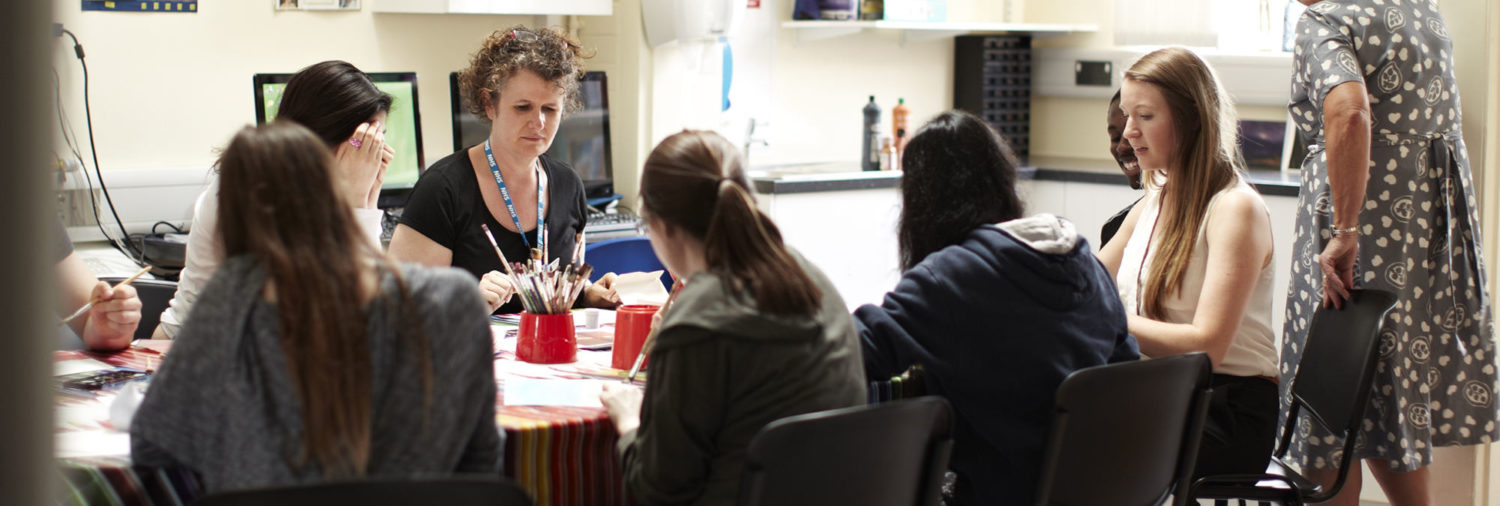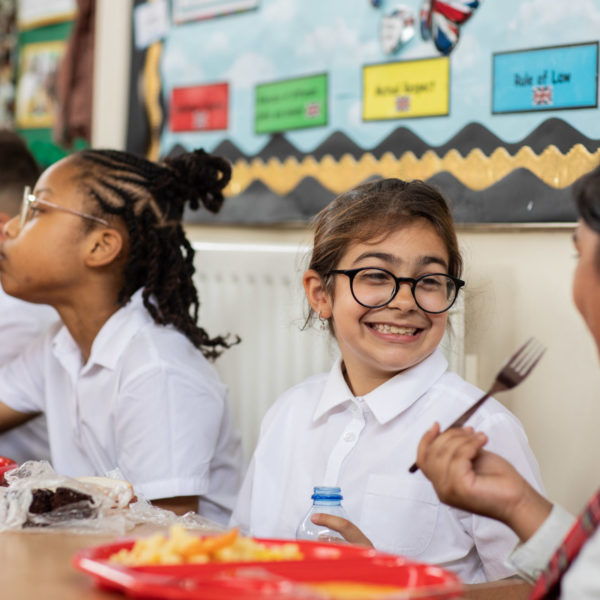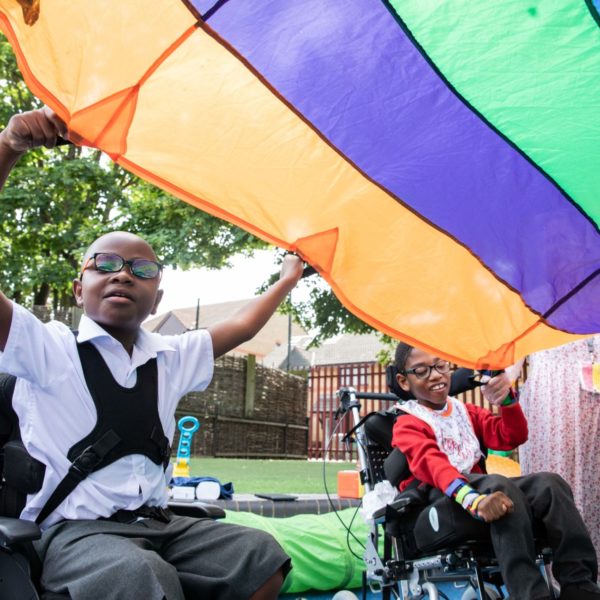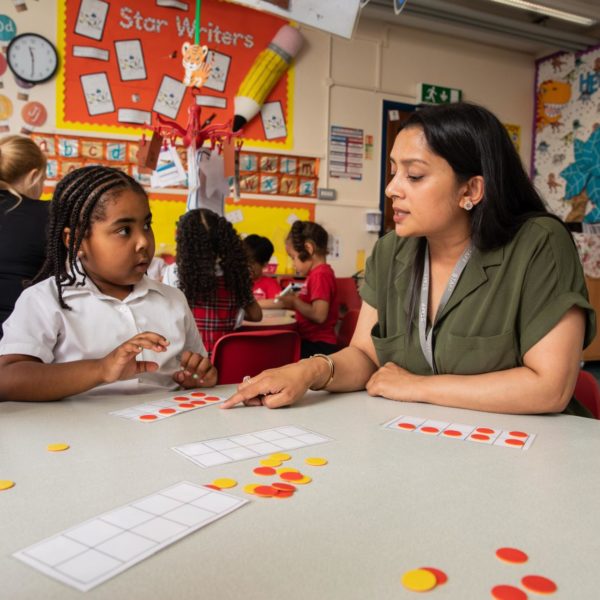At a glance Wandsworth Hospital and Home Tuition Service (Wandsworth HHTS) looks like a school much like any other.
But walking through the locked, swipe-card controlled entrance you can’t help but notice this is a unique educational setting. And while many of the pupils are here to attend the classroom or paediatric wards in St Georges’ Hospital as a result of falls from scooters, or perhaps more seriously a brain tumour on this CAHMS Campus School many pupils are legally required to be here under Section 3 of the Mental Health Act 1983 and could be on the ward for anything up to a year.
This small medical pupil referral unit is made up of two school sites, and a home and ward tuition service for children that can’t make it to the classroom. The 14 teachers and seven teaching assistants provide education for up to 50 children at a time who find themselves in hospital for both short and long term stays. Students here benefit from a personalised learning programme, they are taught in small groups or through one on one tuition.
Strong, nurturing relationships are vital in helping students, who are experiencing either severe or chronic illness, have mental health issues, are pregnant or are young parents, make progress in their education. The emphasis at Wandsworth HTTS is on empowering young people through education, building their confidence, self-acceptance and compassion.
Involvement in UNICEF UK’s Rights Respecting Schools Award, which embeds the UN Convention on the Rights of the Child at the heart of school practice, provides a framework and an underpinning ethos for a school which Ofsted has described as outstanding. While over 4,500 schools in the UK are working towards the Award, Wandsworth HHTS is also the only school of its kind to have achieved the Award’s Silver level.
“Getting involved with UNICEF UK has helped these children feel like they are part of a wider community. This feeling of connection to a global agenda, along with everything we do here, has been really therapeutic for students in their recovery.”
Connecting to the global agenda
Anna D’Olier, teacher and coordinator for the school’s work with UNICEF UK, says: “Often because we work with such isolated and vulnerable children, their thinking will be very much focused on their immediate surroundings and situation, which isolates them further. The Rights Respecting Schools Award had been fantastic for helping them think more globally.
“The young people under section are particularly interested in learning about their rights. Some of them are inpatients for up to a year and learning about both their own rights and the rights of others helps develop their empathy. It also emphasises the role we as staff can play in advocating for them both internally, within their care, and externally outside the hospital.
“Getting involved with UNICEF UK has helped these children feel like they are part of a wider community. This feeling of connection to a global agenda, along with everything we do here, has been really therapeutic for students in their recovery.”
Working through the Award the school has brought in more channels for students to make their voice heard within the management of the school.
“Working on student feedback we’ve introduced extra subjects like cycling proficiency and philosophy,” says Anna. “We’ve focused on the Award at several staff inset days and we’ve changed the planning format of lessons to keep the profile of rights high and make sure that children’s rights are linked to in lessons.”
The school experiences a high rate of pupil turnover; some may only be there at the school for a few days, others up to a year or more. This presents challenges but it also means that Wandsworth HHTS has time to go into more depth on areas that young people really want to focus on.
“Our lessons can be quite different from those of a traditional school,” says Rachel Seymour, teacher at Wandsworth HHTS. “All our students come from different places, and are working at different stages. Teachers here will bring the students together for joint starter activity and that will often be linked to rights or social or cultural development.
“We bring in a lot of topical items that are in the news too, like Black Lives Matter and the #MeToo movement. Many of our children won’t see this in the news or watch television necessarily, so we try to get lot of thinking about the world into our week and seeing that you can make a difference beyond the confines of the school and ward.”
"At Wandsworth we want to be at the forefront of child and adolescent mental health and it’s been really amazing to see how all the things we do work together with UNICEF UK’s ethos. "
Pupil voice in a medical setting
Knowledge of rights has also helped children, young people and adults collaborate to create a school community based on dignity and respect, boosting student voice across the service.
Tara Bell, Headteacher at Wandsworth HHTS says: “We have data from pupil questionnaires that shows that young people here feel they have a voice. That they can speak to a member of staff and know their views are listened to. Where children take this next is in their care approach meeting, and knowledge of rights has given them a stronger frame for doing that.”
But student voice within a hospital school setting can be quite different when young people are, in some instances, not allowed a say in their care. Decisions have to be made in the child’s best interests, and there will be times when it is not appropriate for them to have a say in those decisions.
“I had a conversation with a student who was on a very high level of section,” says Rachel. “She had little freedom of movement and she was talking about her rights in relation to that. It was important to get through to her that her right to be safe and our obligations as those responsible for upholding her rights, in this case, supersedes her freedoms. Since taking part in the Award the language and the dialogue about why decisions are being made has shifted.”
“The Award has given immense power to the staff to advocate for the young people in our care,” adds Tara.
Rachel says: “At Wandsworth we want to be at the forefront of child and adolescent mental health and it’s been really amazing to see how all the things we do work together with UNICEF UK’s ethos. Recently we had transgender pupil at Wandsworth and when looking at their return back to their old school, the school wasn’t as accommodating as they could have been. They only offered four hours a week of home tuition which wasn’t enough.
“Our staff were firm about this young person’s right to education and we worked with them to find a new school. The progress that we want to make in supporting transgender young people has been aided through our work with UNICEF UK, and advocating for young people based on their voice being heard and their right to education. They are now going back into full time school.”
Back on the ward a lesson is taking place, a teacher asks a young student what difference learning about rights has made to them. “It makes a difference to us because we know that we are something in the world,” they say. “And if there is anything wrong then we can find someone to help us and understand.”
Talking about the ability to advocate on the part of young people using a rights-based approach Rachel says, “I personally have felt empowered by the shift that has happened this year in trying to get the best possible education our young people can have.”
Teaching and learning about children’s right at Wandsworth HHTS is enriching and underpinning the unique therapeutic educational work taking place. Here, rights are making a difference for children but also for teachers.
Image courtesy of Wandsworth HTTS
